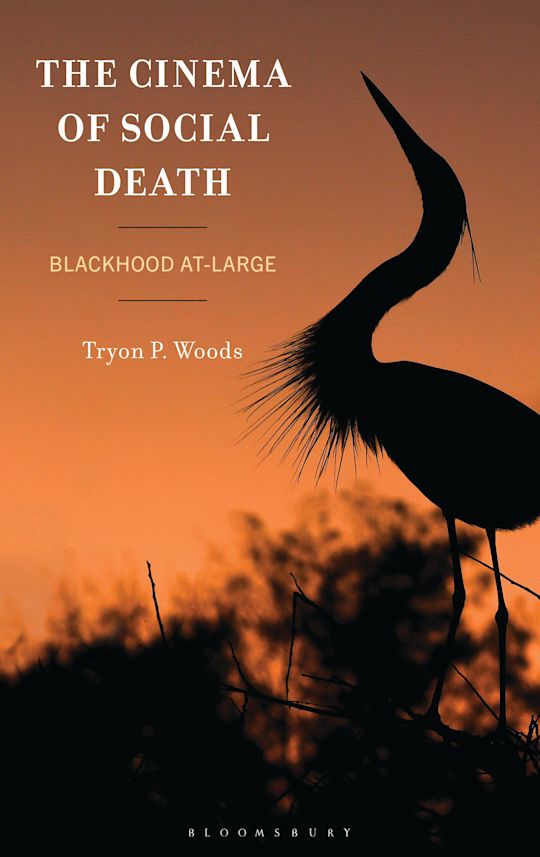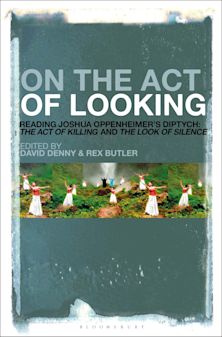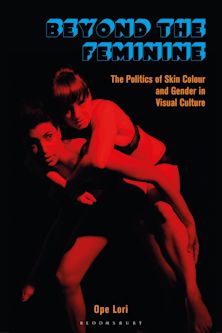Payment for this pre-order will be taken when the item becomes available
This product is usually dispatched within 10-14 days following the publication date
- Delivery and returns info
-
Free UK delivery on orders £30 or over
Description
In The Cinema of Social Death: Blackhood At-Large, Tryon P. Woods argues that cinematic counter-narratives to society's deep-seated racist culture, while claiming to advance racial justice, fail to escape the trappings of anti-blackness and instead function to disguise a parasitic and antagonistic relationship toward blackness, rather than expose how the paradigm works.
Through analyses of a selection of purportedly anti-racist narratives from documentarian Liz Garbus and a trio of independent black filmmakers, Tanya Hamilton, Haile Gerima, and Spike Lee, Woods demonstrates the precarious nature of telling stories of racial justice without falling into the contradictory trap of imposing antiblack notions of gender and sexuality. Contrary to the prevalent sentiment that these visual narratives disrupt and unravel the suffering, lack, and pathology attached to blackness, Woods posits that the films being examined are detrimental to black liberation, and thus, to human deliverance.
As such, this book's chief concern is in how our efforts to unravel the problems of the world become part of the problem. In the process, Woods highlights the trap of visual culture and its racial discourse as it obfuscates the modern era's assault on human reciprocity and connection.
Table of Contents
Introduction: A Persecutory Degradation
1. Blackhood in the Wings: The Farm and The Execution of Wanda Jean
2. Blackhood at the Clinic: What Happened, Miss Simone?
3. Living among the dead in Night Catches Us
4. Requiem for black revolution: Haile Gerima and Spike Lee
Coda: Being-At-Large in a Racialized World
Bibliography
About the Author
Index
Product details

| Published | 19 Feb 2026 |
|---|---|
| Format | Hardback |
| Edition | 1st |
| Extent | 176 |
| ISBN | 9781666976588 |
| Imprint | Bloomsbury Academic |
| Dimensions | 229 x 152 mm |
| Series | New Critical Humanities |
| Publisher | Bloomsbury Publishing |
Reviews

ONLINE RESOURCES
Bloomsbury Collections
This book is available on Bloomsbury Collections where your library has access.


































